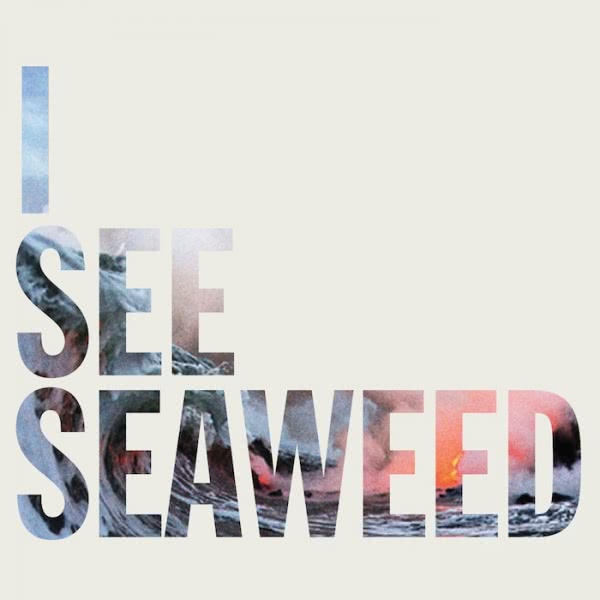The Drones have never once shied from squalling about the ugly but true side of Australian culture past and present through a soundtrack of throttled, noisy garage rock.
But I See Seaweed, the follow-up to 2008’s uneven Havilah, broadens that razor-sharp focus to more universal themes, and in turn, their stormy music flourishes into richer but no less ferocious territory.
It all begins with the creeping, dissonant dread of the title track, coiling into a dystopian nightmare of wrath at a society “lockstepping in our swarms,” before crashing chords of railing impotence preface a wailing cry of “ain’t that just the way things are.”
Its arresting intensity is the product of a unit operating at the height of their powers, none more so than frontman Gareth Liddiard, his knotted vocals providing too many choice couplets to choose from. His acerbic wit and wisdom stretching even further into the historical and the technological for album number six.
‘Laika’ is a gloomy thud where the songwriter’s fascination with the underdog becomes literal, named after and about the stray who was shot into space in the name of Russia’s ultimately hollow advancement, as its six minutes lope toward a ceaseless, chilling conclusion.
‘Nine Eyes’ finds the narrator taking a Google Maps enhanced trip to his childhood home to find it changed for the worst. “What kind of asshole drives this lime green Commodore?” spits Liddiard of the offender “living here now / calling my house a home?”
Hidden before the at-odds chorus (“I’m all I need I’m/finally on my own”), there’s the revealing summary; “I like things being elliptical.”
Indeed, Liddiard’s subversive songwriting prowess has stretched beyond even the impressive reaches set by his solo effort, Strange Tourist.
In fact ‘The Radicalisation of D’, that album’s sprawling closer, now has a worthy companion piece in I See Seaweed’s curtain call of ‘Why Write A Letter That You’ll Never Send’; containing an entire tertiary curriculum’s worth of analysis just waiting to be unpacked.
In one of his finest, fieriest tirades yet, Liddiard dumps a whole modern history’s worth of wrongdoing into a comedy of errors; snaking into slightly vaudevillian territory with its second-hand piano chords as he rants about war, celebrity, poverty, death, and still finding time to arraign “the guy from U2” and call the pope a nazi (“everybody knooows,” curdles Liddiard comically).
The whole thing collapsing into the climaxing admission of “we’re animals, we can’t help doing/what all animals do,” its tone striking the perfect lunatic balance between indictment and lament.
The record’s pacing is exceptional too, complete with the breakneck speed bump that is ‘A Moat You Can Stand In’, in the middle of the album’s scenic stretch, where every instrument barks for attention in the equivalent of a musical bar-fight as Liddiard spews forth vowels a second.
It also demonstrates the instrumental power of his bandmates, and the dexterity of these savage arrangements would be unthinkable without their vital contributions.
Particularly in the piano playing of (now official fifth Drone) Steve Hesketh, but also the backing vocals of bassist Fiona Kitschin. While Mike Noga’s drumming bends and saws in tandem with the vaulting guitar work of Liddiard and Dan Luscombe.
I See Seaweed finds the quintet pushing beyond their creative limits in eight expansive, exhilarating, essential additions to the Drones catalogue that are destined to be just as enduring.
Let’s make this clear, I See Seaweed is the perfect Drones album, and one of the year’s best releases – Australian or otherwise.
The Drones head out on a national tour with King Gizzard & The Lizard Wizard in April, full dates and details here.

































